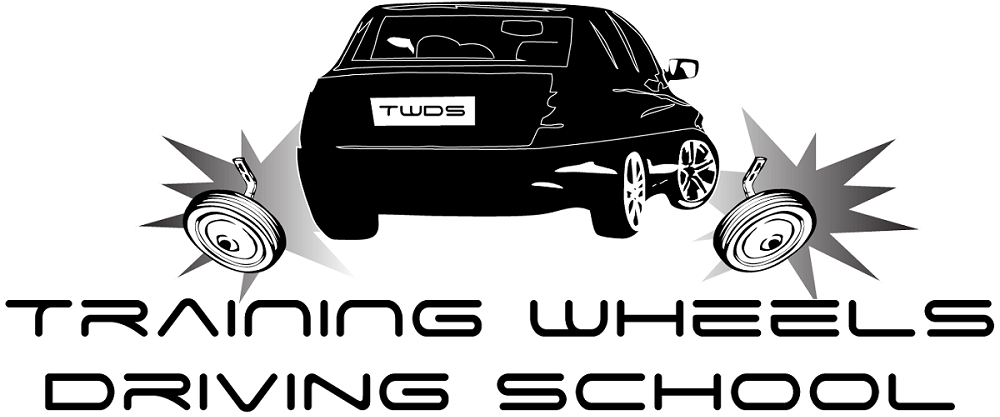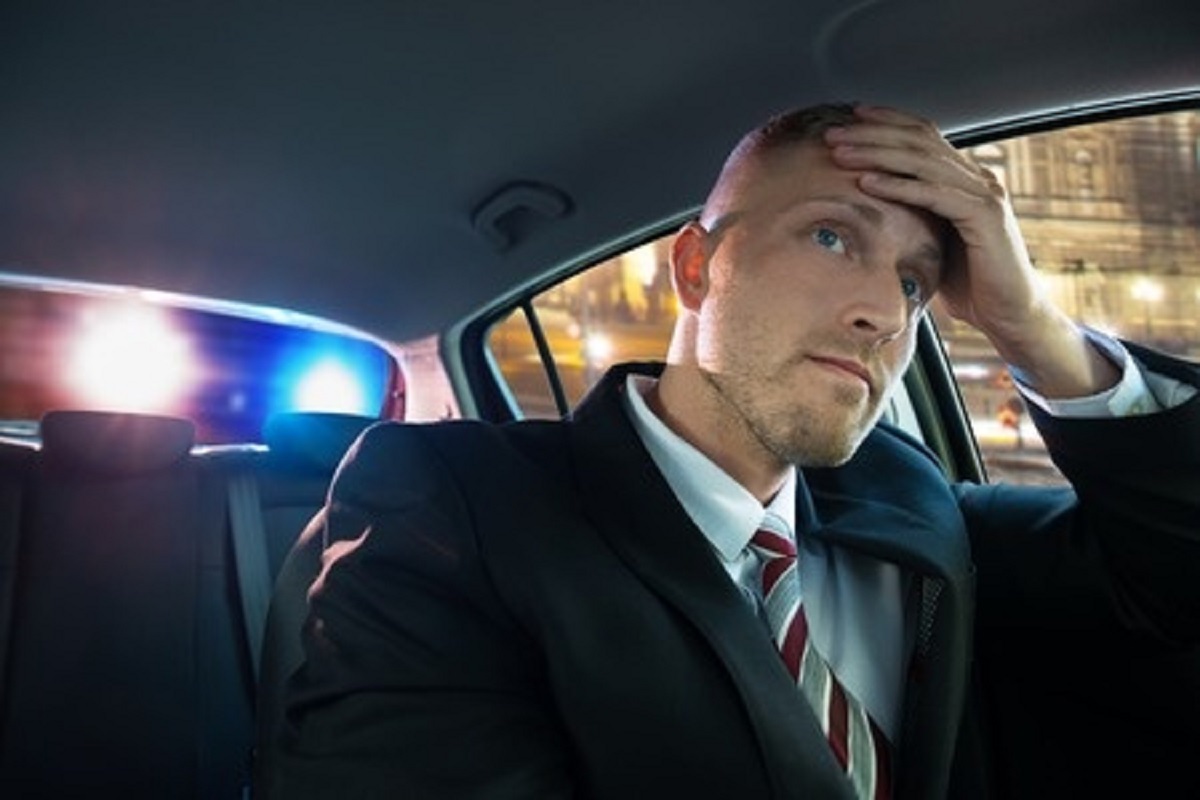Proper Traffic Stop Etiquette
Law enforcement officers perform traffic stops for a number of reasons. When you see the reds and blues come on and an officer begins to pull you over, how you act and what you say can have a big effect on any legal issues that may follow the stop. Whether the traffic stop results in a simple traffic ticket or an arrest for a more serious crime, the choices you make when dealing with the officer are important.
After You See the Police Cruiser
When you see the police vehicle behind you on the road with the lights and sirens on, pull over as safely and quickly as possible on the right hand side of the road. By pulling over right away, you show you are paying attention to everything happening around you. Also, doing this helps you have a better idea of what or where you may have committed a traffic violation, which is information that could be useful later on should you need to prepare a legal defense.
When pulling over, make sure to follow basic traffic rules like using your turn signal, slowing down quickly but not to the point of running the risk of the police cruiser rear-ending you, and making sure the lane is clear before pulling over – pulling over correctly can often help ease an irritated police officer. Also, make sure to pull as far over to the right side of the road as possible so the police officer is well out of the way of danger when exiting the cruiser.
During the Traffic Stop
After you have navigated into a safe spot on the side of the road, turn off your vehicle’s engine and roll the driver’s side window all the way down. If you are listening to the radio, turn it off before the officer walks up to the vehicle, and then place your hands on the steering wheel. If you are pulled over at night, turn on your vehicle’s interior lights so the officer can see you. Doing these small things can help ease any fears the officer may have about approaching your vehicle.
Make sure to stay in the vehicle unless the officer tells you otherwise and do not start looking for your driver’s license and registration until the officer asks you to do so. When speaking with the officer, make sure to be polite and courteous and not confrontational. While doing these things may not get you out of a traffic ticket, they may just help you avoid further charges or even arrest.
Think you or someone you know is in need of Behind the Wheel Training? Training Wheels is a Longport driving school specializing in teaching new teen drivers how to stay safe on the road. For more information on our lessons, please click here.
Copyright: andreypopov / 123RF Stock Photo

